Overview
Sorbitol is a sugar alcohol (polyol) derived from glucose through hydrogenation. It is a colorless, odorless, and sweet-tasting crystalline substance widely used as a sugar substitute and humectant in food, pharmaceutical, and cosmetic products. Sorbitol provides about 60% of the sweetness of sucrose but with fewer calories, making it popular in sugar-free and reduced-calorie formulations.
Chemical and Physical Characteristics
-
Chemical Formula: C6H14O6
-
Molecular Weight: 182.17 g/mol
-
Appearance: White, crystalline powder or granules
-
Solubility: Highly soluble in water
-
Sweetness: Approximately 60% that of sugar
-
Caloric Value: About 2.6 calories per gram (lower than sugar)
-
Hygroscopic Nature: Helps retain moisture in products
Applications and Functional Benefits
Sorbitol is used extensively across industries for its multifunctional properties:
-
Food Industry: As a sugar substitute in sugar-free chewing gums, candies, baked goods, and dietetic products
-
Pharmaceuticals: As an excipient in syrups, tablets, and lozenges, providing sweetness and moisture retention
-
Cosmetics: In lotions and creams for its humectant and moisturizing effects
-
Oral Care: In toothpaste and mouthwash for sweetness and cavity prevention
-
Industrial Uses: As a plasticizer and stabilizer
Its low glycemic index and non-cariogenic properties make it especially suitable for diabetic-friendly and dental products.
Quality Specifications
| Parameter | Specification | Typical Result |
|---|---|---|
| Appearance | White crystalline powder or granules | Complies |
| Purity (Assay) | ≥ 99.0% | 99.2% |
| Moisture Content | ≤ 1.5% | 1.2% |
| pH (10% Solution) | 4.5 – 7.5 | 6.0 |
| Heavy Metals (Lead) | ≤ 2 ppm | < 2 ppm |
| Residual Solvents | Meets requirements | Complies |
| Microbial Count | Total aerobic bacteria < 1000 cfu/g | 500 cfu/g |
Sensory Profile
-
Appearance: White, crystalline powder or granules
-
Odor: Odorless
-
Taste: Sweet with a cooling effect and mild aftertaste
Packaging and Storage
Sorbitol is typically packed in 25 kg moisture-proof bags or drums. It should be stored in a cool, dry, and well-ventilated area, protected from moisture and contamination to preserve its quality. The usual shelf life is 24 months under proper storage conditions.
Regulatory Status and Safety
Sorbitol is approved by major regulatory bodies including the FDA, EFSA, and JECFA. It is Generally Recognized As Safe (GRAS) and widely accepted in food, pharmaceutical, and cosmetic products.
Conclusion
Sorbitol’s versatility as a low-calorie sweetener, humectant, and functional ingredient makes it indispensable across multiple industries. Its safety profile and beneficial physical properties enable the formulation of healthier and more stable food, pharmaceutical, and cosmetic products.

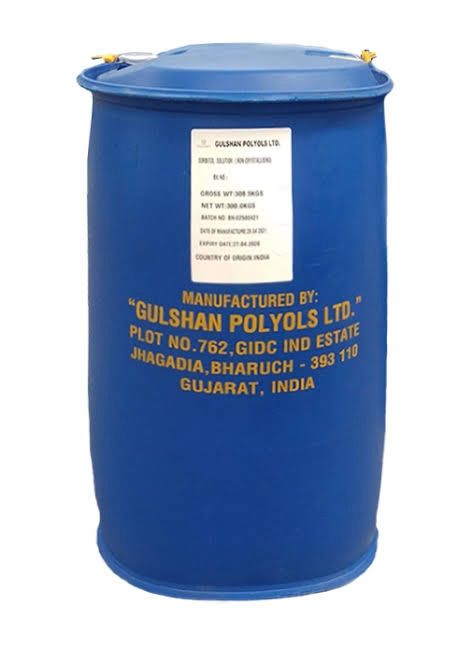
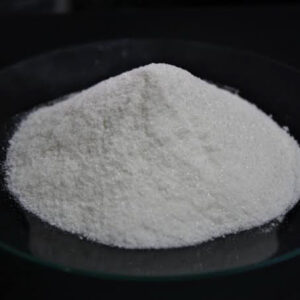
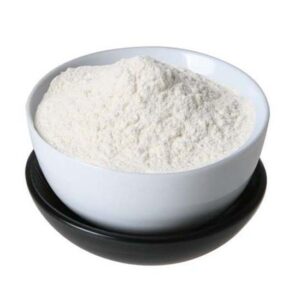
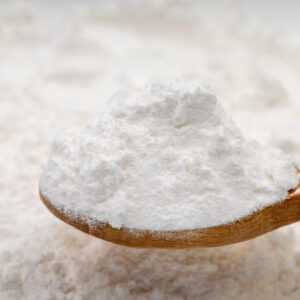
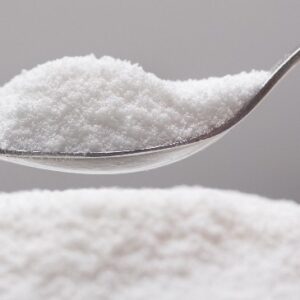
Reviews
There are no reviews yet.